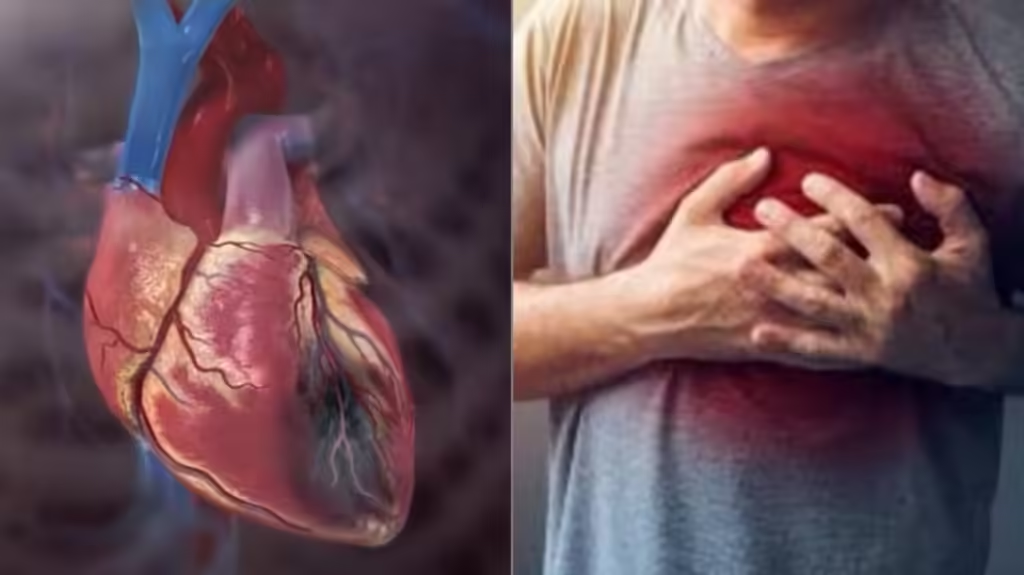Amid growing concern over the rise in heart attacks among India’s younger population, the Mysuru Chapter of the Cardiological Society of India (CSI) has launched an ambitious registry to investigate the causes of premature cardiac events. The Mysuru Premature Acute Coronary Syndrome (MPACS) Registry is one of the country’s first regionally focused efforts aimed at gathering detailed clinical data on heart attack patients under the age of 45.
Over the next two years, cardiologists across Mysuru’s eight major hospitals—each equipped with catheterization labs—will enroll thousands of patients diagnosed with acute coronary syndrome (ACS). The goal is to determine whether shifting lifestyles, environmental exposures, or unrecognized risk factors are contributing to a surge in early-onset cardiac disease, particularly in patients with no prior history of hypertension, diabetes, or smoking.
A Pattern Emerges in Silence
The registry’s launch follows a string of unsettling events across Karnataka, where hospitals in districts like Hassan and Bengaluru have reported sudden cardiac deaths in young, seemingly healthy individuals. In June alone, 18 such fatalities were recorded in Hassan district. Similar patterns have emerged at Jayadeva Hospitals, where physicians say they now treat at least 3–4 young heart attack cases daily.
What alarms doctors is that many of these patients defy the classic cardiac risk profile. “They’re not overweight, not diabetic, and have no family history,” said Dr. Veena Nanjappa, General Secretary of CSI Mysuru and the clinical lead for the registry. “We are witnessing a shift in the age and nature of cardiovascular risk. It’s a silent epidemic, and we have no consolidated data to explain it.”
A Scientific Response, Rooted in Urgency
To bridge that gap, MPACS will not only gather detailed patient data during hospitalization but also track clinical outcomes through follow-ups over the following year. The registry will assess variations in care, long-term recovery, and recurrence of cardiac events, providing researchers a deeper understanding of why this trend is accelerating.
Dr. Sasirekha D, President of CSI, emphasized the project’s broader goal: “Our intent is to use this data to influence both clinical guidelines and public health policy. If this is indeed a generational shift in cardiovascular risk, we need new diagnostic tools, early screening protocols, and targeted awareness campaigns—especially in tier-2 cities and rural belts.”
Beyond Lifestyle: Searching for Deeper Clues
While poor diet, physical inactivity, and stress are known contributors to early heart disease, doctors are also investigating environmental factors. Pesticide exposure, air pollution, and food adulteration have all surfaced as possible links in preliminary discussions. Experts have urged further biochemical and toxicological studies alongside clinical data collection.
A separate expert panel recently ruled out a direct link between COVID-19 vaccination and these cardiac events, pushing the scientific community to look beyond pandemic-era explanations. “We must look at this as a multi-layered crisis,” said Dr. Nanjappa. “It’s not just about lifestyle anymore. Something more complex is at play.”
Towards a National Model
Though the registry is currently confined to Mysuru, the organizers hope it will serve as a blueprint for similar programs across the country. India’s demographic dividend is young—but increasingly, its youth are showing signs of health decline previously associated with older age groups.
“We cannot afford to normalize heart attacks in people in their 30s,” said Dr. Sasirekha. “This isn’t just a cardiology issue—it’s a public health emergency.”
The registry begins patient enrollment in September 2025 and is expected to release interim findings by mid-2026. If successful, it could reshape India’s understanding of cardiovascular health and prompt a national reckoning with its emerging silent killer.


